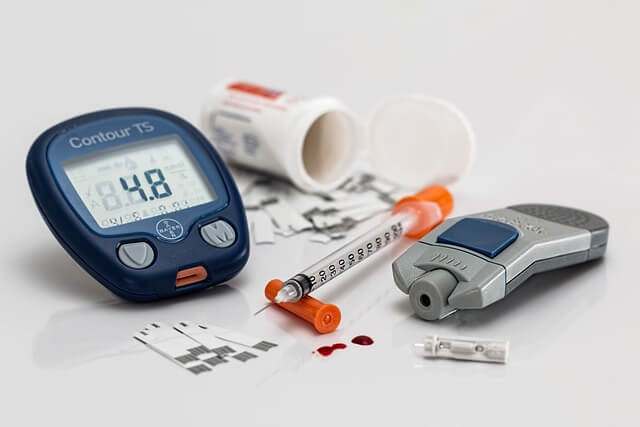Many people have a variety of symptoms that can be seen as early warning indications of diabetes, a common metabolic disorder. To diagnose and manage diabetes in a timely manner, it is essential to recognize these signs. In this detailed guide, we explore the signs and symptoms of diabetes, highlighting the most important indicators that people should be aware of to protect their health.
Understanding Diabetes Symptoms
Diabetes is characterized by elevated blood sugar levels, which can lead to a variety of symptoms affecting different aspects of an individual’s health. The most common symptoms of diabetes include:
- Frequent Urination: Experiencing a need to urinate more frequently, especially at night.
- Excessive Thirst: Feeling constantly thirsty and drinking more fluids than usual.
- Fatigue: Persistent tiredness and lack of energy, even after adequate rest.
- Unexplained Weight Loss: Losing weight unintentionally, despite maintaining regular eating habits.
- Genital Itching or Thrush: Experiencing itching around the genital area or recurrent episodes of thrush.
- Slow Healing of Cuts and Wounds: Wounds taking longer to heal than usual.
- Blurred Vision: Experiencing vision problems and blurred eyesight.
- Increased Hunger: Feeling hungrier than usual, even after eating.
Differentiating Type 1 and Type 2 Diabetes Symptoms
While many symptoms of diabetes are common across both type 1 and type 2 diabetes, some distinctions exist:
- Type 1 Diabetes: Symptoms of type 1 diabetes can develop rapidly over weeks or even days. Individuals may experience severe symptoms, such as rapid weight loss, extreme thirst, and blurred vision.
- Type 2 Diabetes: Symptoms of type 2 diabetes may develop more gradually. Individuals may notice increased thirst, frequent urination, fatigue, and unexplained weight loss over time.
Seeking Medical Attention for Diabetes Symptoms
Quick medical attention is required if you encounter any of the diabetic symptoms. To effectively manage diabetes and avoid complications, early diagnosis and treatment are crucial. Any changes in your health or persistent symptoms that fit the profile of diabetes should prompt you to make an appointment with your doctor.
Importance of Timely Diagnosis and Treatment
The symptoms of diabetes can differ from one person to another, and some people may not notice any symptoms at all when they first have the disease. Managing diabetes and avoiding long-term problems requires early detection, which can only be achieved by routine screenings and monitoring of health. People may take charge of their health and wellness by learning to recognize the signs of diabetes and getting medical help when needed.
Conclusion: Empowering Individuals with Knowledge
The initial stage in taking charge of one’s health is to familiarize oneself with the signs and symptoms of diabetes. People with diabetes can take charge of their health if they learn to recognize the symptoms and get medical help when they need it. Essential components of diabetes care include maintaining a regular health check-up schedule, making lifestyle alterations, and following treatment programs. Individuals can confidently manage the difficulties of diabetes and live healthier, more fulfilled lives by staying informed and taking proactive measures.
To sum up, a big part of successfully controlling diabetes is learning to recognize the signs and symptoms and then doing what’s needed. People can take charge of their health and lower their risk of diabetic complications by staying informed about health issues and getting medical assistance when needed.



Pingback: Fact or Myth: Can a Single Sneeze Cause a Stroke? - Wellness Readers Digest